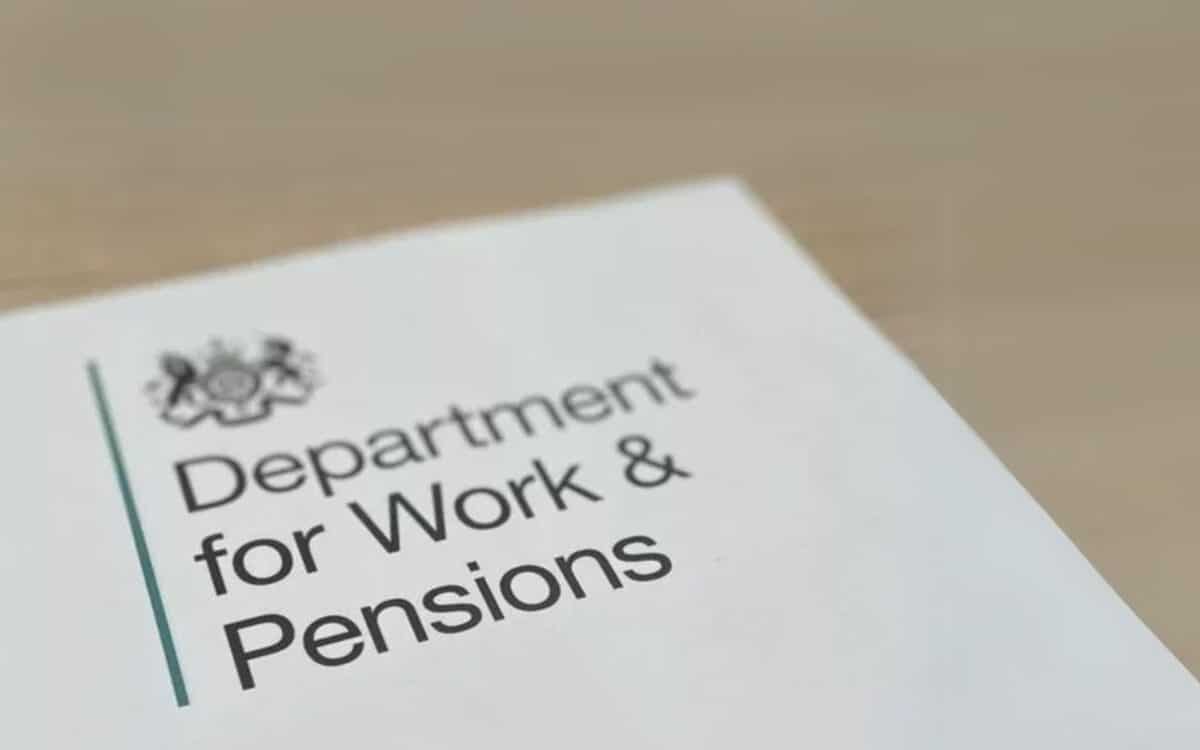The Department for Work and Pensions (DWP) is urging pensioners who resided outside Great Britain between April 6, 2010, and April 6, 2020, to come forward and apply for compensation if they believe they were adversely affected by the removal of the Adult Dependency Increase (ADI) from their State Pension.
This policy change, which ended the additional financial support for pensioners with a dependent spouse under State Pension age, has caused significant concern, particularly for those who were not notified in a timely manner.
According to information from Daily Record, many pensioners living abroad were left in the dark about this crucial change, leading to financial hardships for some.
What is Adult Dependency Increase (ADI)?
The ADI was an additional amount paid to pensioners with a dependent spouse under the State Pension age. It was designed to provide extra financial support for pensioners whose partners were not yet receiving a State Pension.
This policy was ended on April 6, 2020, but the timing of this change and the communication around it have led to widespread concerns. The DWP‘s communication of the rule change to pensioners living abroad has been criticized.
According to a report by the Parliamentary and Health Service Ombudsman (PHSO), the DWP failed to inform those living outside Great Britain in a timely manner, which the PHSO described as maladministration. Those in Great Britain, however, did not experience this issue. As noted in the PHSO report,
The number of those who were living abroad and entitled to ADI is unknown but in May 2019, a year before ADI ended, DWP told Parliament that 10,817 people were still in receipt of ADI.
Compensation Eligibility
Pensioners who lived abroad during the relevant period and had their ADI payments stopped may be entitled to compensation. They must demonstrate that the delay in receiving notification about the rule change caused them significant adverse effects.
The DWP has outlined the steps pensioners need to take to apply for compensation, including providing personal and contact information as well as details on how the delayed notification impacted their financial planning. DWP said :
If you feel you were adversely affected by the removal of an ADI, due to when you received notification after 6 April 2010 that it was going to end, then you may be eligible for compensation.
The case of Adrian Furnival
One prominent example of how this policy change affected pensioners is the case of Adrian Furnival, an 82-year-old pensioner. He only learned in 2018 through an official uprating letter that his ADI payments would end in 2020.
This delay in communication led to him being over £250 a month worse off. Rebecca Hilsenrath, the Parliamentary and Health Service Ombudsman, commented at the time of the published report in January :
Poor communication from Government departments damages trust in public services. DWP has a history of failing to communicate pension policy changes clearly and failing to learn from its mistakes – She also added,
In Adrian’s case, this meant that, without the right information, he lost the opportunity to prepare for his retirement. It also caused him unnecessary financial worry.
Adrian’s situation highlights the wider issue many pensioners faced, and the Ombudsman emphasized :
Anyone who believes they have had a similar experience to Adrian should contact DWP. DWP has complied with our recommendations and will provide a comparable remedy to anyone who approaches them with a similar situation.
Pensioners who believe they were affected by the ADI change are encouraged to contact the DWP.
To apply for compensation, they will need to provide their full name, date of birth, National Insurance number, details about their time spent living abroad, and how the delayed notification impacted them.
Full instructions on how to apply are available on the GOV.UK website.









